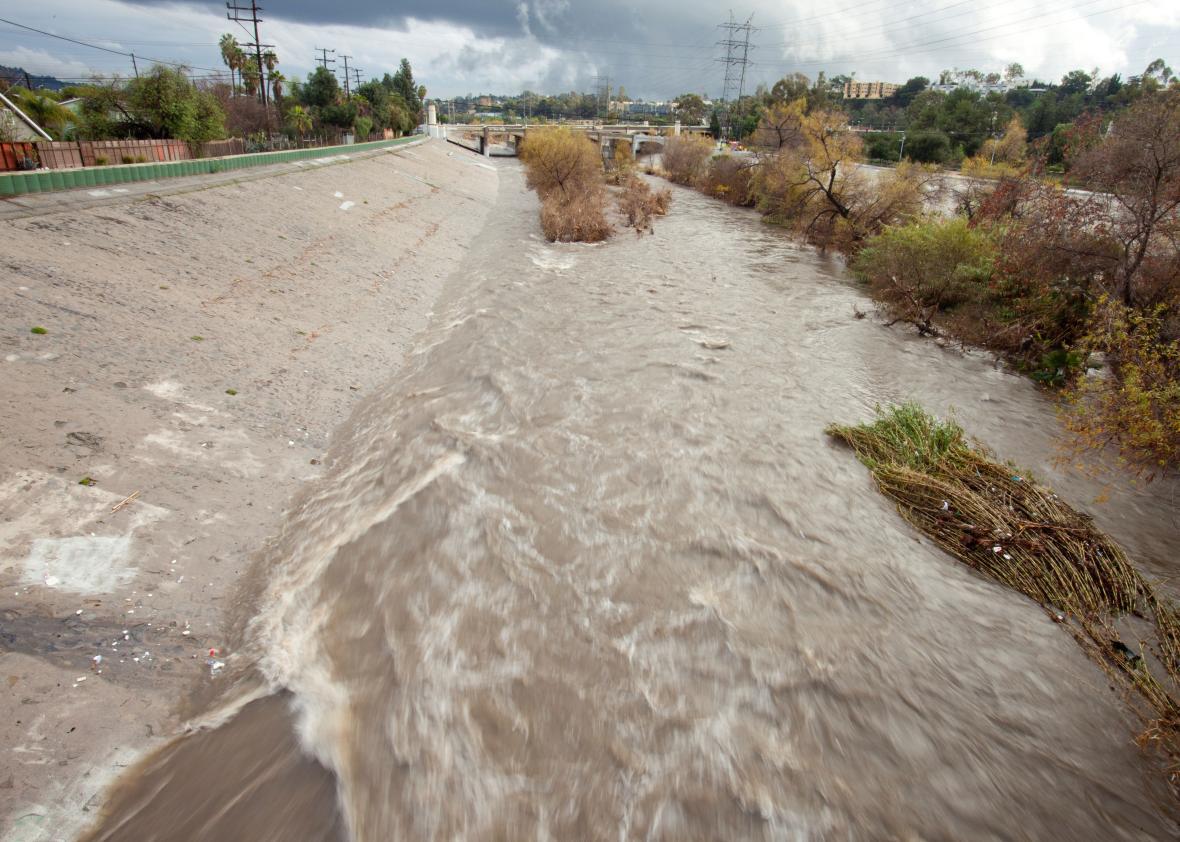Update, Nov. 27, 2017: Although I was unaware of it until after publishing this, Kriston Capps wrote a hilarious article with the same premise for CityLab in October.
As you may have read, Amazon is holding an astonishingly degrading competition to determine which city can offer them the biggest bribe to build their company’s second headquarters there. The stakes are high: The company is promising $5 billion in local investment plus 50,000 jobs. In return, states and municipalities across the country are enthusiastically racing to the bottom, pulling out all the stops to match Newark’s offer of $7 billion in tax breaks. That’s got to be a tempting proposition even to Jeff Bezos, the richest man on the entire planet. But although the deadline for cities to submit bids has passed, I think Amazon will want to carefully consider my offer: For $5 billion, they can, should, and indeed, must build their second headquarters inside my apartment. (Full disclosure: Slate uses Amazon affilliate links, so every time you buy a copy of How to Avoid Large Ships by following a link from Slate, we get a small cut.)
Back to business. First of all, here are just a few of the things my apartment offers to a global business leader like Amazon:
- A highly educated workforce, averaging one advanced degree for each resident.
- Nice light in the mornings.
- Hardwood floors.
- A fenced-in front yard.
- Charming “vintage” air conditioning provided by a Montgomery Ward window unit (bedroom only).
- Proximity to the beautiful Los Angeles River, which maybe you can sail drone boats on or something.
- A lemon tree.
- A rambunctious Boston terrier.
- Street parking.
Pretty sweet, right? But don’t write me that check for $5 billion yet, Mr. Bezos: I’m not quite as fond of economic development as, say, Chris Christie, and if you want to build Amazon’s second corporate headquarters inside my apartment, you’ll have to agree to certain concessions. To wit:
- Use of the television in the living room is a right, not a privilege!
- The same goes for the fridge.
- The freezer’s okay, though, if you start selling ice cream or human organs or something.
- No loud music!
- No complaining when I play loud music!
- The lemons from the lemon tree were earmarked long ago to make Tom Collinses for the apartment’s original residents and will sadly be unavailable to Amazon employees.
- No more of these Roy Price situations!
- You have to start hiring your warehouse workers as full-time employees and treat them humanely.
- If you start that “rank and yank” shit up again, I’m moving your headquarters to the island in the middle of the Los Angeles river that floods whenever it rains.
- If you eat the last popsicle, put it on the shopping list!
What’s in this bargain for Amazon, you ask? Well, let me answer that question with a question of my own: What the hell could Amazon possibly need that they don’t already have? Now that the company owns Whole Foods, it’s well positioned to monopolize any retail market it wants. Jeff Bezos is worth $100 billion dollars—$32 billion of it “earned” this year—and gives comparatively little of that to charity. Does the company need to hoover up its own employees’ state payroll taxes instead of letting that money build schools or housing, as Chicago’s mayor, the ever-loathsome Rahm Emanuel, is proposing? Of course not. Does it need $100 million in free land in Chula Vista, California? No, sir. Does it need to get a say in how the local government spends its tax money—more than the ultrawealthy already have—by setting up a special oversight board designed, in the words of a Fresno city official—a city official, not an Amazon executive—to prevent tax dollars from being spent on “the fire department on the fringe of town” when it could go to Amazon-branded improvements near their headquarters instead? Nopity nopity nope. So are people offering Amazon shit they don’t need instead of inviting them to participate fully in the communities where they choose to run their huge, insanely profitable business? And can we make them stop?
The short answer is no. It’s a fool’s errand to try to convince government officials to stop prostrating themselves at the feet of mammon—in many cases, that attitude is exactly how they got to be government officials to begin with—and the minute one city offers a bribe, any city that doesn’t follow will be at a competitive disadvantage even if their elected officials have good intentions. A better approach might be asking why we’re letting Amazon do this. And that question, while it has economic implications, is about morals, not money. Why do we describe their little beauty pageant as anything but a repulsive act of stealing from taxpayers to swell the fortunes of an enormous corporation owned by a man who is already the richest person on our planet? How is it possible that every interview—every conversation, even—with Jeff Bezos doesn’t begin and end with Jake Gittes’ three questions?
- Why are you doing it?
- How much better can you eat?
- What can you buy that you can’t already afford?
Chinatown fans will remember Noah Cross’s answer: “The future.” We need to collectively decide that the future is no longer for sale. The first step, I believe, will be the hardest, but also the most important: Jeff Bezos should pay me $5 billion, most of which I will immediately donate to the ACLU, and Amazon should station all 50,000 of their new headquarters’ employees in my two-bedroom apartment in Atwater Village. It’ll be crowded, sure, but it’ll also be great practice for the day they all have to fit a camel through the eye of a needle.
